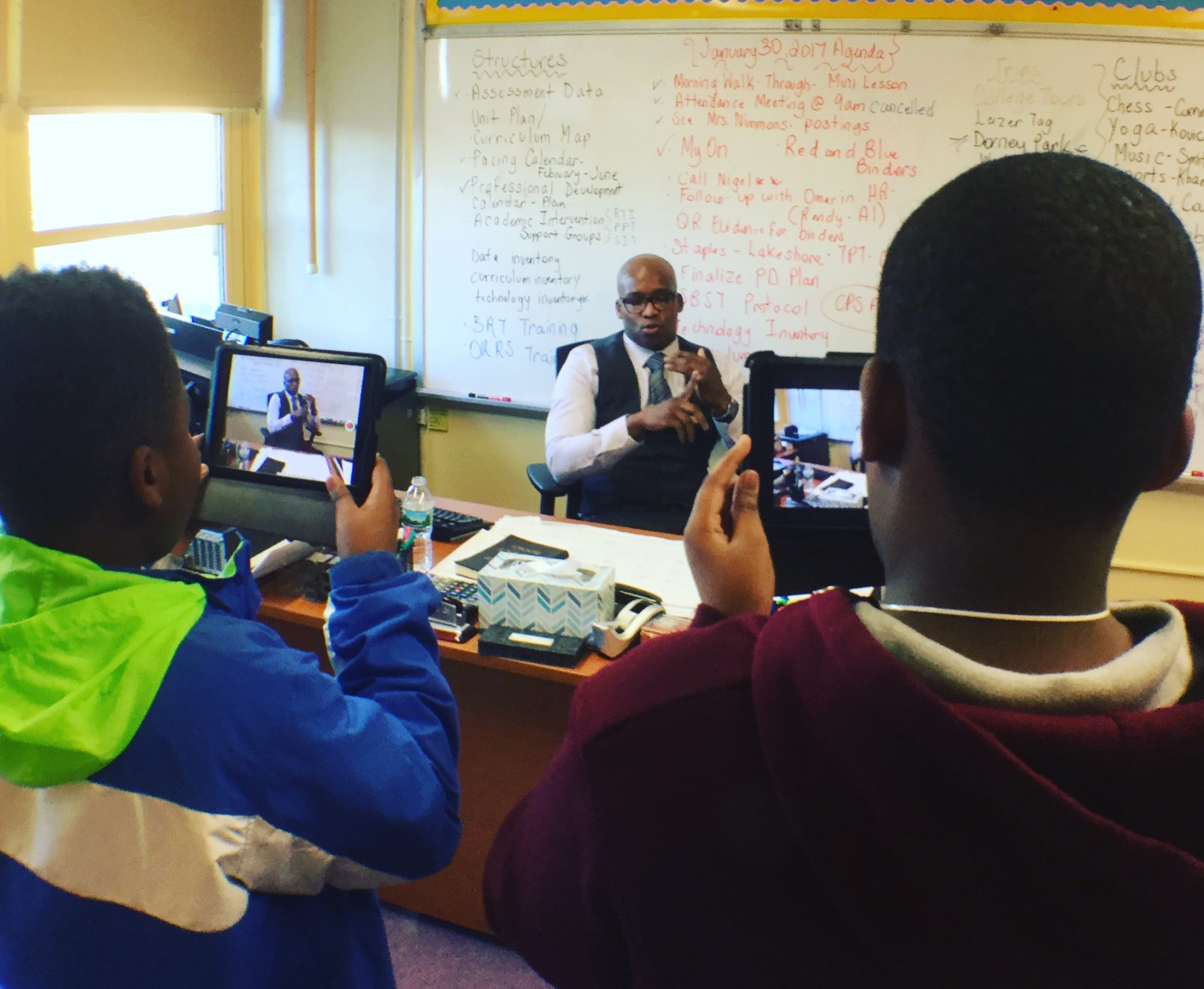Dr. Abdullah Abdullah, Leader of the Democratic Opposition Party in Afghanistan, spoke with us on his party’s strategy.
The informal press conference was held at in New York City. It was held after Time Magazine’s, Joe Klein interview with Abdullah Abdullah
Dr. Abdullah Abdullah was invited three months ago by a group of non-governmental organizations, to participate in talks in Washington and New York.
Media reports say he was snubbed after the White House’s warm embrace of President Karzai’s visit a couple of weeks ago. It was rumored that two mid-level administration representatives did meet with him. It was not confirmed who they were.
Undaunted, Dr. Abdullah Abdullah continues to speak out about the rampant corruption and lack of vision, direction and security that continues to plague the Karzai government.
He says Karzai’s underlying belief is that the US will be in Afghanistan forever, and as long as the US is there, Karzai will remain president. There is no sense of urgency which is a fatal flaw with the current strategy.
On the eve of the US/NATO buildup on the city of Kandahar, a Taliban stronghold, Mr. Klein quoted U.S. General McCrystal as saying that Marja is “a bleeding ulcer.”
Without an effective partner in Karzai, and a clear vision for Afghanistan, the environment in Kandahar will remain the same, Abdullah Abdullah said.
The worst thing Karzai can do is blur the lines between friend and enemy to the Afghan people. It creates a deep confusion and mistrust amongst the citizens and creates a gap for the Taliban to fill, he said.
Abdullah Abdullah says the solution is to instill a sense of justice within people. The majority of the population are not extremist and support education of boys and girls and want a leader that will listen, learn and care for the people. It is a long and arduous process but it can be achieved over time.
He also promotes de-centralizing the government. All the decisions are made in Kabul which do not take the provincial shuras or local governments into consideration.
And he says, the current system is based on patronage not merit. His campaign is to give people a chance to “have a say” in their government and ensure accountability.
Although the news from Afghanistan is quite grim, Abdullah Abdullah did mention a few sorely needed success stories in telecommunications, education, elections and media.
Most Afghani’s have mobile phones and local telecommunications businesses continue to thrive. Since the fall of the Taliban in 2001, more than seven million children have enrolled in schools and over half of the children are girls. Elections, although corrupt, instilled a desire in the people to vote and “have a say” in their government. Finally, a new freedom in media. Newpapers, radio and TV reports are bringing awareness of corruption to their audiences.

